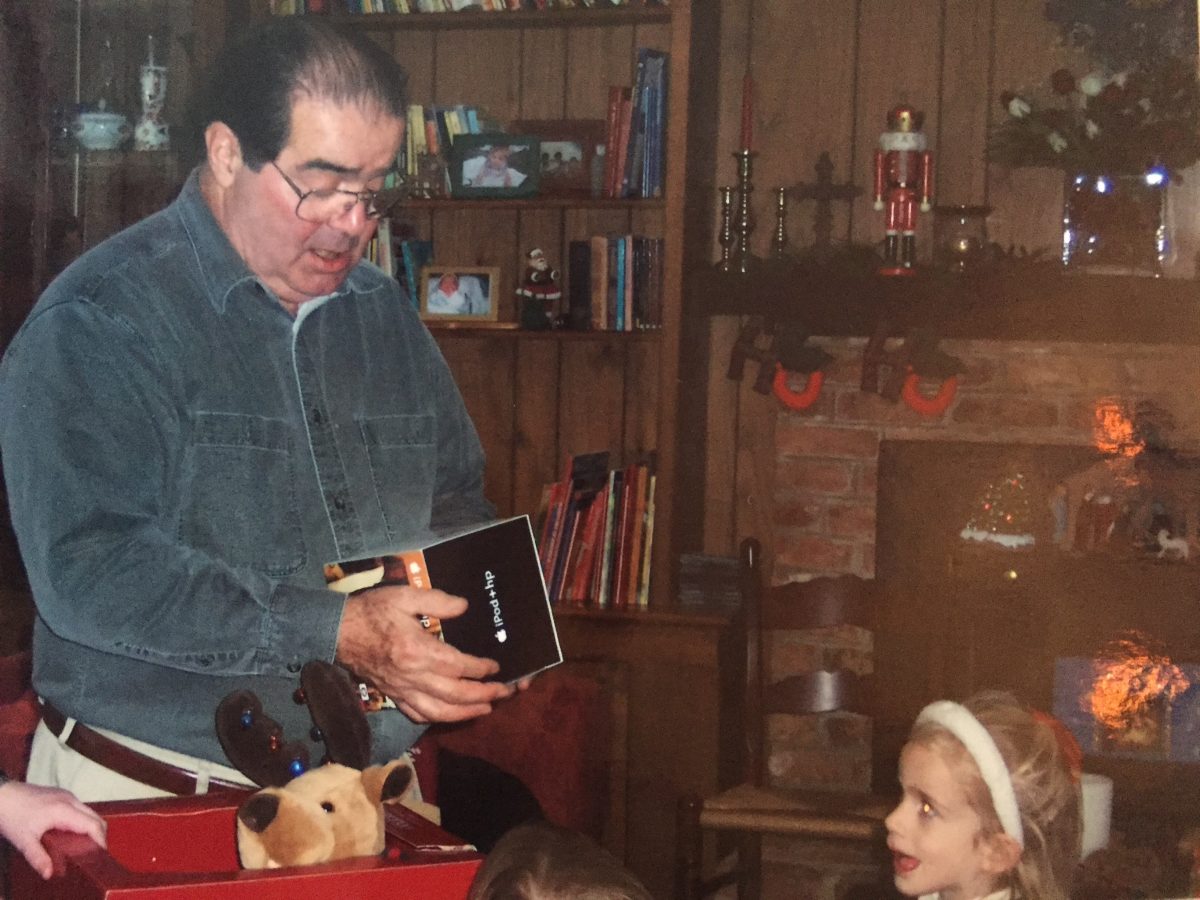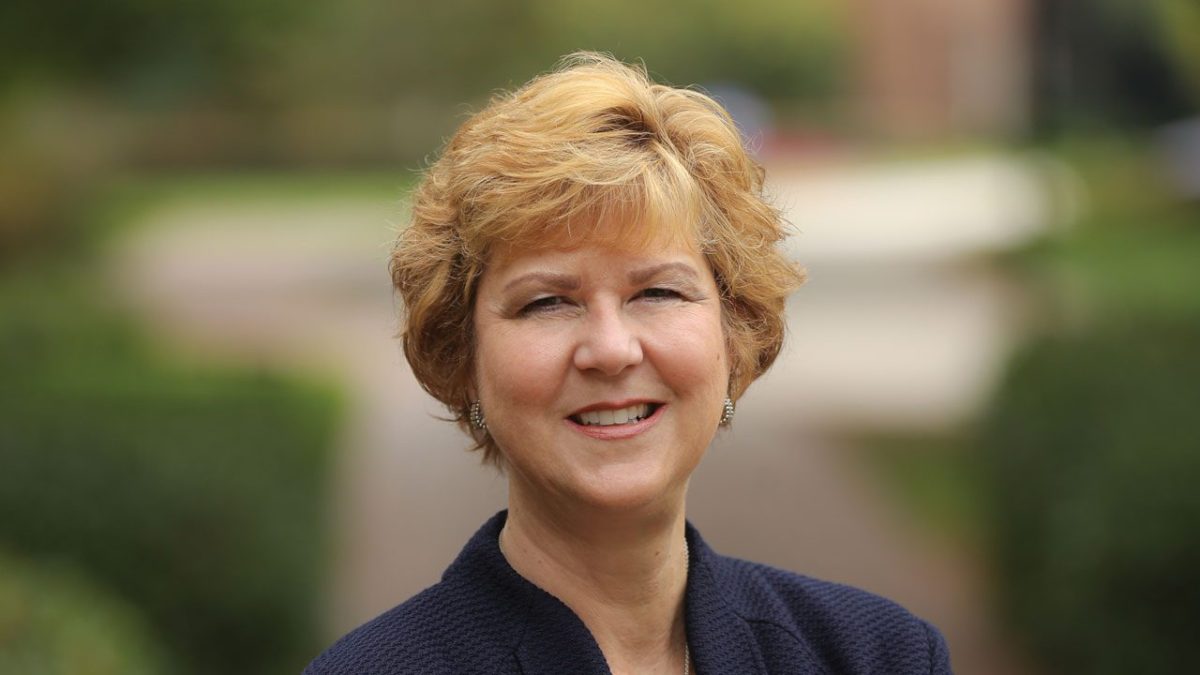After the passing of Justice Ruth Bader Ginsburg on Sept. 18, the Supreme Court quickly became the focal point of American politics. Whether it be President Trump’s appointment of Justice Amy Coney Barrett, the future of Roe v. Wade or mail-in ballot deadlines in swing states, the Supreme Court is now at the center of several polarized political issues.
Tensions are running so high, in fact, that Furman has called for “community on Election Day” twice this week in emails to the student body. As relationships grow strained as political disagreements turn into personal battles, sophomore Bridget Scalia, granddaughter of the late Supreme Court Justice Antonin Scalia, offered her perspective on the Supreme Court, and how her grandfather’s friendship with Justice Ginsburg served as the prime example that one can, and should, be friends with people from the opposite party.
Throughout her life, Scalia often found herself interacting with Supreme Court Justices. She attended high school with Chief Justice Robert’s daughter, and she and her family would frequently go to Justice Thomas’s house to watch football games. Scalia reflected that while growing up, she spent a lot of time around these political figures but could not remember a single time where “my grandfather, parents, or anyone referred to any of the Justices as being either right or left.”
Scalia recalled her grandfather saying, “The Court is not at all a political institution,” but is based solely on interpreting the Constitution rather than adhering to party alliances. As far as Scalia could tell, none of the Justices treated each other differently based off party affiliation. In fact, partisanship was never an issue at social gatherings, or in the friendships that many of the Justices shared.
As for increasingly polarized American politics, Scalia does not think it should be this way. She remembers her grandfather and Justice Ginsburg as “hands down, best friends,” who would frequently attend the opera together and whose families would often celebrate the New Year at Justice Ginsburg’s D.C. apartment. The New Year’s tradition started in the 1980’s, and every year Justice Scalia would go hunting prior to the New Year, and Marty Ginsburg would cook the venison or boar that Justice Scalia brought back for dinner. Scalia thinks that now, more than ever, Justice Scalia’s and Justice Ginsburg’s friendship serves as a “stellar example” for people of opposite parties still being great friends. In fact, Scalia noted that her grandfather and Justice Ginsburg would often challenge each other and push the other to do better.
Scalia also mentioned that outside of work, the Justices rarely ever brought up politics in social settings. “Work was work,” noted Scalia. Despite different political views, Justice Scalia and Justice Ginsburg had a lot in common, most notably their love for opera. “They had different things to focus on” besides politics, said Scalia, who believes that the Justices’ differing opinions actually strengthened their friendship. With Justice Ginsburg going down in history as the Supreme Court’s liberal icon, she will also be remembered by the Scalia family as a decades-long friend to Justice Scalia.
A champion of gender equality, Justice Ginsburg’s impact on the Supreme Court and American public is lasting. With the recent nomination and subsequent confirmation of Justice Amy Coney Barrett, Scalia hopes that people will refrain from referring to the Supreme Court as a political institution, but instead will respect the Justices, both past and present, as she knows their sole duty is to “uphold the Constitution of the United States.” While Scalia recognized the increased politicization of the Supreme Court, she remains positive. Both sides of the political spectrum are capable of forming connections, something Scalia will always remember about her grandfather and Justice Ginsburg.
With the Presidential election just under a week away, stay tuned for articles about Furman’s Election Working Group, how the P2X has handled an overflow of absentee ballots and poll results from The Paladin’s own survey.



























